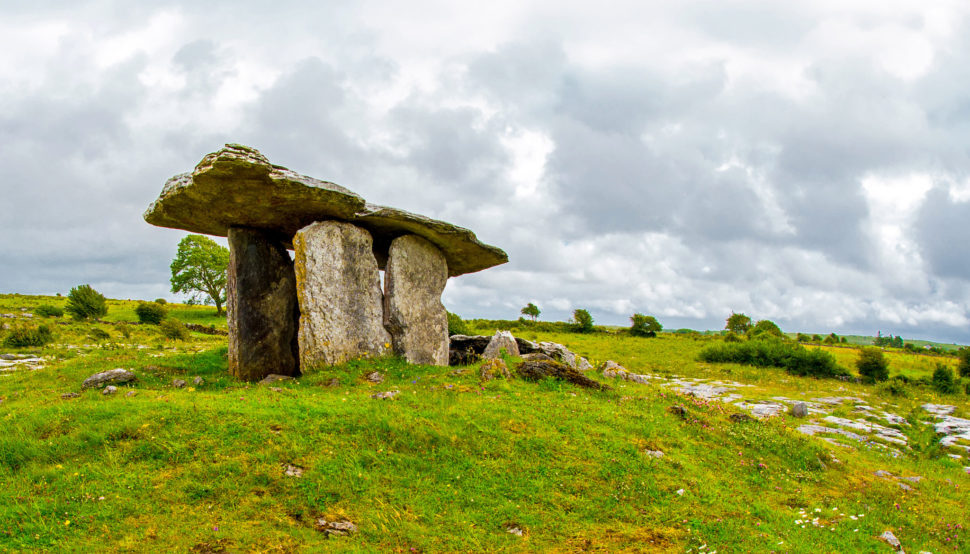Researchers recently offered a potential explanation on what transpired some 7,000 years ago when a sudden drop in genetic diversity nearly exterminated all men from the face of the Earth.
Around 7,000 years ago, men became so rare in societies that evidence suggests there to be only one male for every seventeen females at the time.
Through computer modeling, researchers claim that they may have found the cause of the so-called drop in genetic diversity that led to this event.
Apparently, the culprit which nearly wiped all men off the face of the planet was the endless fighting between patrilineal clans.
While sudden drops in human genetic diversity is not a new thing in our history, this peculiar event, referred to as the Neolithic Y-Chromosome bottleneck, has been a puzzle to researchers since its discovery in 2015. This is because it only affected males who carried and inherited the Y-chromosome.
“Instead of ‘survival of the fittest’ in a biological sense, the accumulation of wealth and power may have increased the reproductive success of a limited number of ‘socially fit’ males and their sons,” Melissa Wilson Sayres, a computational biologist from Arizona State University, explained.
Apparently, the cause of the genetic diversity drop points to a social rather than environmental reason. Meaning, it might have something to do with the social restructuring which led humans to a more agrarian culture with patrilineal structures.
According to the researchers led by Tian Chen Zheng, there was limited Y-chromosome variation at that time because women were married into other tribes while men remained in their tribes.
The team then used computer modeling to verify the plausibility of their hypothesis. Surprisingly, the results showed that wars between clans or tribes had drastically affected the Y-chromosomes diversity with the passing of time.
Read More: New Evidence of Early Innovation Pushes Back Human Evolution Timeline
It also confirms that allowing men and women to move around clans does not affect the Y-chromosome diversity if there has been some conflict. This led researchers to believe that the war between patrilineal tribes is the primary cause of the drop in male population.
“Groups of males in European post-Neolithic agropastoralist cultures appear to descend patrilineally from a comparatively smaller number of progenitors when compared to hunter-gatherers, and this pattern is especially pronounced among pastoralists,” the researchers explained in their paper published in the journal Nature Communications.
“Our hypothesis would predict that post-Neolithic societies, despite their larger population size, have difficulty retaining an ancestral diversity of Y-chromosomes due to mechanisms that accelerate their genetic drift, which is certainly in accord with the data.”
The team is reportedly excited to apply their new technique that combines the power of sociology, biology, and mathematics to other cultures.
“Cultural changes in the political and social organization – phenomena that are unique to human beings – may extend their reach into patterns of genetic variation in ways yet to be discovered,” the researchers further said.





Comments (0)
Least Recent